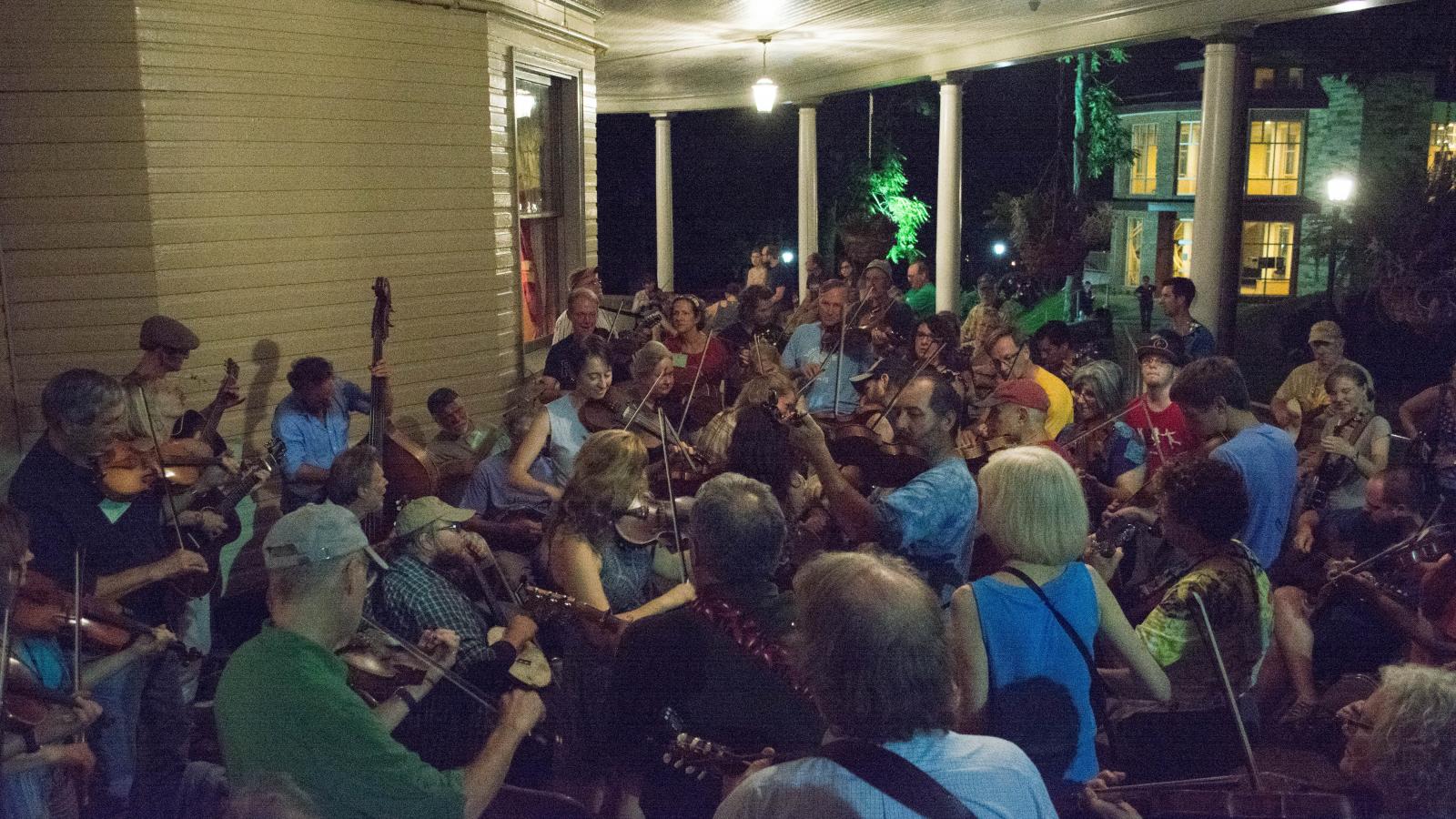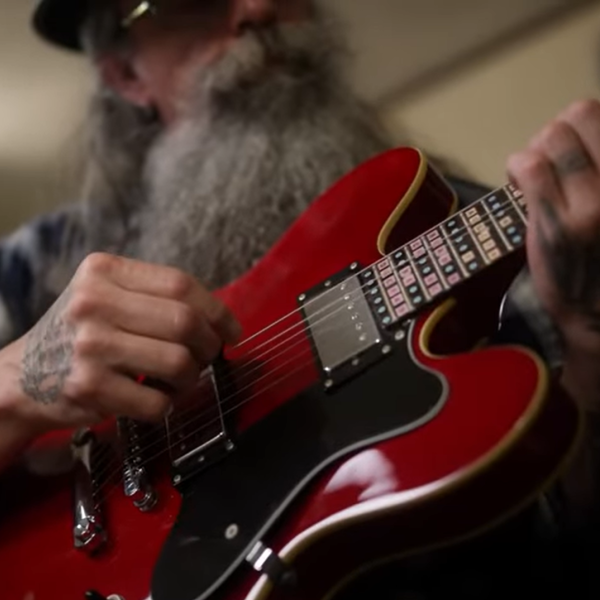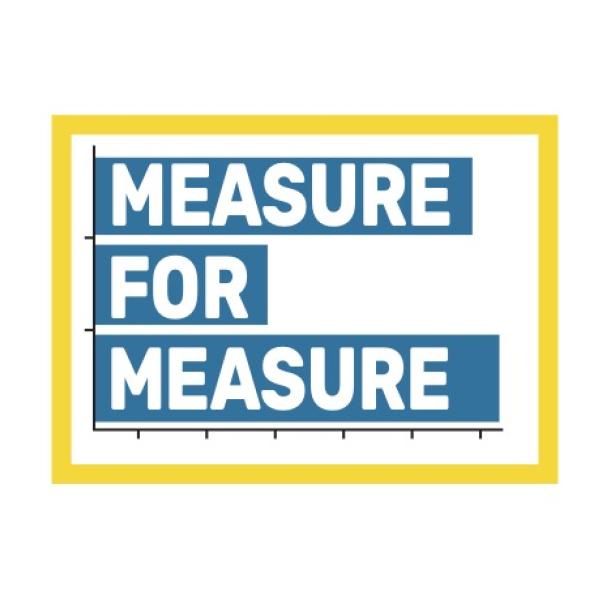Fiddling into the Future at the Augusta Heritage Center

The "Onion Jam," part of Augusta Heritage Center's annual Old Time Week. Photo courtesy of the Augusta Heritage Center of Davis & Elkins College
Beth King vividly remembers when her son’s fiddle broke during the Augusta Heritage Center’s annual summer workshop series. He was 11 or 12 years old, and had already taken a keen interest in learning the Appalachian fiddle traditions of West Virginia, where the center is housed on the campus of Davis & Elkins College. “[Musician] Joe Newberry just handed him his fiddle and said ‘Here, use this for the night. I'll get it back from you tomorrow,’” recalls King, who has since become Augusta Heritage Center’s director. “Giving up your instrument for a night to a young teenager—that's quite trusting!”
She said it’s indicative not only of the event’s pervasive warmth and hospitality, but of the importance participants place on passing down Appalachia’s cultural traditions to the next generation.
Established in 1973, the Augusta Heritage Center was founded to preserve and celebrate Appalachian culture. A frequent NEA grantee, the organization documents traditional cultural practices, hosts year-round workshops and performances, and has launched tourism initiatives such as the Mountain Dance Trail, which promotes square dances in communities throughout the state. Its hallmark, however, is its summer workshop series. The series consists of intensive, weeklong workshops, which focus on the heritage arts of Appalachia as well as other American cultural communities. For example, there is Classic Country Week, Bluegrass Week, Blues and Swing Week, Vocal Week, Old-Time Week, and Cajun and Creole Week. In addition to small group classes with mentors, there are lectures, jam sessions, dances, and sessions on cooking and instrument repair.
As with any subject matter, much if not most of what is taught during the summer series can be learned from the Internet. But the organization offers what online learning cannot: a sense of community. “It's the people-to-people connections that we keep going,” said King. “You can take lessons on YouTube, but it's the face-to-face learning and playing across from somebody that is so different than [what takes place between] you and a screen.”
She noted that the series draws hundreds of people every summer, with participants ranging wildly in age and artistic ability. “So you might be learning to play harmonica and you're sitting right next to [2017 NEA National Heritage Fellow] Phil Wiggins in a jam on the porch at midnight,” said King. “Or you might be learning to play fiddle and sitting across from one of the finest fiddlers from West Virginia. It offers a very nurturing experience, and there's such a sense of community. The artists who teach are so giving of their time to everybody who's here, whether it's other teachers or students. It's really like a sense of family.”
One event where King said this is particularly apparent is the Onion Jam, where participants sit in concentric circles like the layers of an onion. “The teachers are fabulous musicians, and they pull the younger musicians into the center of that circle,” she said. “Watching the fire that lights up in them from having that opportunity to be in
the middle of that much music, energy, and kindness at one time—you have to be there to fully experience it. It's just amazing.”
It’s just this sort of experience that King feels is central to helping the Augusta Heritage Center perpetuate art forms that have enriched Appalachia for centuries. As she said, it’s the friendliness, support, and encouragement that “make young people who are here very receptive, and very passionate, about learning and carrying on the traditions.”




